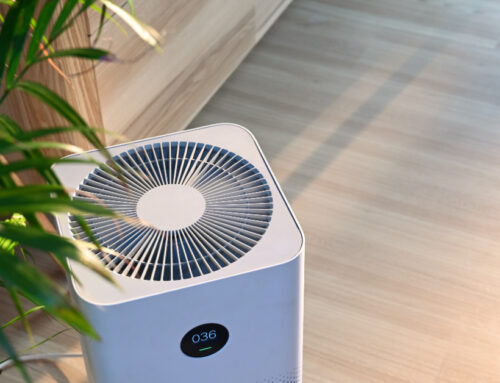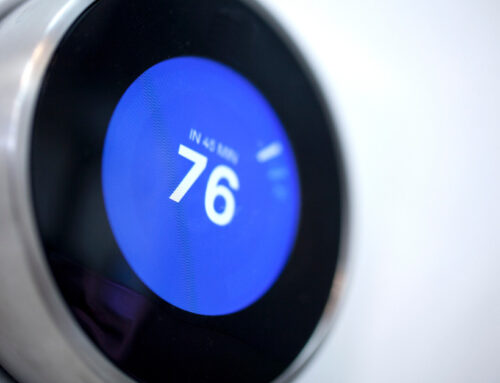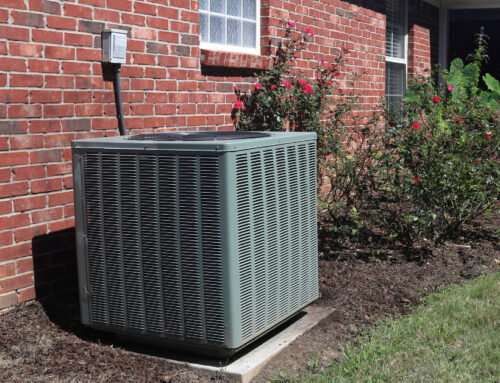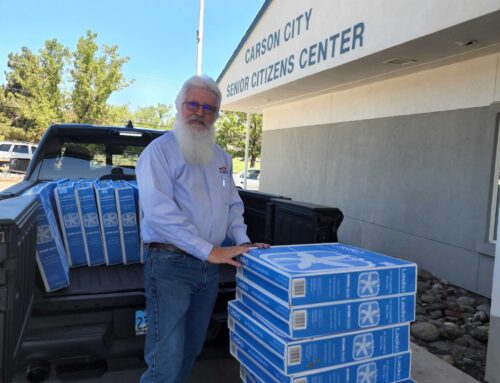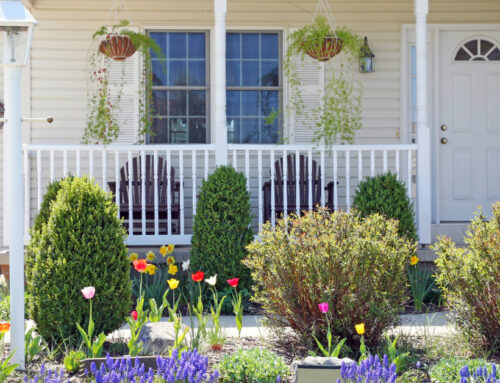I hardly need to mention that 2020 has been and continues to be a strange year for many reasons. It is now September and here in northern Nevada, many people seem to be staying inside more often. For some of us, work and school are now happening in living rooms and home offices. For all of us, we have been facing unhealthy levels of air quality for the better part of the month courtesy of wildfire smoke. If you are staying indoors more often this month for any reason, you may be noticing your at-home comfort levels more than ever. I’m strictly talking temperature, air flow, and air quality.
For those who are used to retreating to a heated or air-conditioned office, school, or some other place during the day, you may now be noticing the nuances of your own HVAC system. Does it seem too loud or disruptive? Is it turning on and off frequently throughout the day? Is it not heating or cooling fast enough, or causing temperature irregularities? Are you concerned about air quality and your health? In this article, we will break down some of the comfort problems you may be facing with your HVAC system and how to address them.
Comfort Problem 1: Keeping the Smoke Out
Air quality in our region has been poor over the past few weeks as wildfires rage on in California and beyond. We have seen air quality index scores in the unhealthy to hazardous range in Carson City, Reno, and the Carson Valley. One solution we recommend for keeping air quality in your home from reaching hazardous levels is to invest in or run a portable air cleaner, especially those with HEPA filters. We wrote an article about portable air cleaners which you can refer to here.
Comfort Problem 2: On Again, Off Again
If you are at home for most of the day, you might be disrupted by the sound of your HVAC unit whirring to life. Does your air conditioning or heating unit seem to be turning on and off often? Rather than a unit that runs for a longer cycle, shorter cycles of heating or cooling could mean that your unit is improperly sized for your home. More often than not, we find that units are oversized (as opposed to undersized). Oversized units can cause pockets of heat and cool in your home, can heat/cool your home too quickly resulting in temperature swings, or may not cycle the air throughout your home very effectively, meaning that the rooms on the outskirts of your ducting paths might not be getting very good ventilation or circulation. Additionally, short cycles are energy-expensive for your HVAC system, which may result in higher energy costs and in quicker degradation of your equipment. Read more about oversized HVAC systems here.
Installing the properly sized HVAC system for your home will help ensure that your system runs for longer cycles and that it effectively heats/cools your home without the aforementioned issues. These longer run cycles are usually less energy-taxing than the constant start-up that too-large systems will see.
Comfort Problem 3: Saving Money on Energy Bills
Being at home more regularly means running the AC or heat more than usual, which can cause worries about increasing energy bills. Now, of course, using more energy in the form of running your HVAC system is going to cost more money. For example, in the name of saving money, we often see or hear of people who only schedule their AC to start after the heat becomes too much rather than running a comfortable thermostat setting, or who keep their AC set to a few degrees hotter than is actually comfortable. While every household has a different budget and circumstance, we think comfort is paramount if you can afford it.
What many may not realize is that heating or cooling your house by a couple extra degrees, or for an extra hour a day, is not going to make a massive (relatively-speaking) difference in your energy bill. The cost of running your unit depends on many factors, but assume that run your central AC an average of 3 hours/day all month long during the summer, and are paying NV Energy’s standard residential rate of 8.16 cents/kWh. Assuming an average power draw of 4,000 watts, you’d spend about $30/month on your AC usage or $1 per day. If you increased your average usage per day to 4 hours from 3, perhaps by turning your thermostat down a few degrees, you’d spend an additional $10/month or an additional $0.30 per day. For some, that low cost for more daily comfort is worth it. You can calculate your own AC cost here, if you know or can estimate your system’s power draw.
No matter what HVAC-related discomforts you may be having at home, give us a call and we can help find a solution for you.


